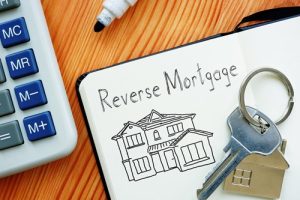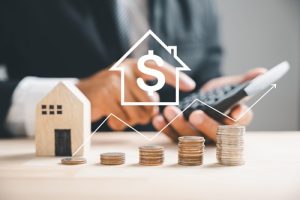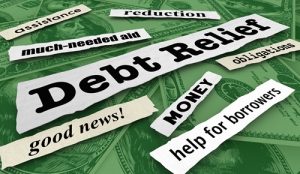
As many seniors face increasing financial pressures, finding ways to supplement income becomes crucial. With rising inflation, higher interest rates, and escalating medical costs, it’s no wonder many are exploring different financial options. For homeowners, a reverse mortgage can be a valuable tool to tap into home equity, providing much-needed funds. However, it’s essential to understand when a reverse mortgage is the right move. Let’s dive into the scenarios where this financial option might make the most sense.
When You’re Running Low on Retirement Funds
If your retirement savings aren’t as robust as you had hoped, a reverse mortgage could be a practical solution. Often, retirees discover that Social Security alone isn’t enough to maintain their lifestyle. Consequently, a reverse mortgage can provide an additional income stream by allowing you to access the equity in your home.
For example, many seniors have paid off their homes over the years, building up significant equity. This equity can be transformed into cash, which can supplement your retirement income. Additionally, this type of loan provides flexibility in the method you get these funds—whether through a line of credit, regular payments, and lump sum. This flexibility allows you to choose the option that best suits your financial needs.
Read More When a Reverse Mortgage Could Be the Right Choice for You









